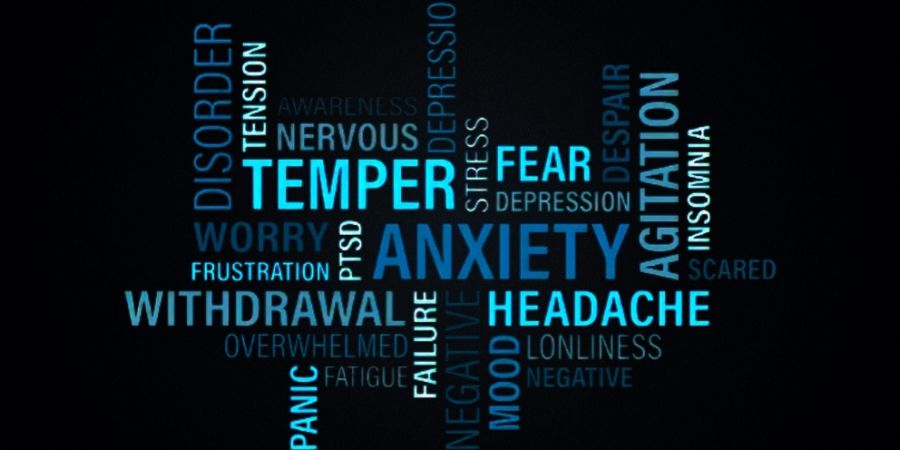

In psychology, a mood is an affective state, in contrast to emotions and feeling. It is a relatively temporary generalized mental process and the behaviours which accompanying it which is emotional and/or attitudinal and/or thoughtful and sometimes shared by two or more humans.
A mood is realy a temlorary state of mind or a generalized mental process and the behaviours which accompany it.
Mood has two rounds and in its spelling as well, one thing indicates happiness and the other indicates sadness. One of the round will be perfectly round if the round is happiness and goes in circle, the other round will not be perfect it is sadness if cant go circles in reality not in spelling. But in the spelling both the rounds are perfectly round and gives equal priority to both.
When considering mood in grammar, there are five basic types: conditional, imperative, indicative, interrogative, and subjunctive.
During the 1970's psychologist Paul Eckman identified six basic emotions that he suggested were universally experienced in all human cultures. The emotions he identified were happiness, sadness, disgust, fear, surprise, and anger.
A solemn mood, happy mood, and angry mood all mostly refer to a temporary emotional state with corresponding behavioral action.
A contemplative mood, thoughtful mood, and reasoning mood all mostly refer to a temporary thinking process.
An aggressive mood, a flamboyant mood, a passive mood, and a challenging mood all mostly refers to a temporary attitude with corresponding behavioral actions.
A violent, condemning, aggressive mood could be called an abusive mood.
Miximg up emotions, attitudes, and thought processes in the short duration results in a generalized mood which is also affected by your temperament and/or personality.
Let's assume you really dont know what mood swings are. They occur in bipolar disorder, which is a mood disorder. With this severe mood disorder, the person has what are called depressive and manic episodes. These vary a great deal.
One person may only have only one or two mood swings a year, while others are plagues by them, often weekly, or worse daily. There is no rhyme or reason behind them, although stress is thought to have a major influence in mood disorders.
One day you are going along fine, then whan! You wake up the next morning feeling like you want to die. As quick as that. Most people feel more or less the same symptoms of depression. Here are a few of them.
This mood can last a few days, or a few weeks, or even months.
Then there is another mood to contend with. If you have bipolar 2 disorder you will also have what are called hypo manic episodes where you feel the exact opposite of how you felt when you were depressed. Suddenly, everything is just great, you feel on the top of the world and are sure you can do absolutely anything you want. Everything speeds up, your thoughts, your speech, your ideas, and many projects are started and not finished.
The problem with this mood is that people take risks they wouldn't normaly take so, get into trouble with own spending, gambling, drinking, drive too fast, having casual se*ual encounters. So although hypo mania may seem great at the time the damage done can be insurmountable.
There are most of the others but this much for today.
Thank you














